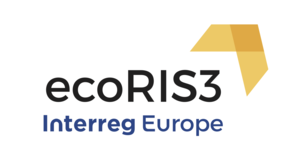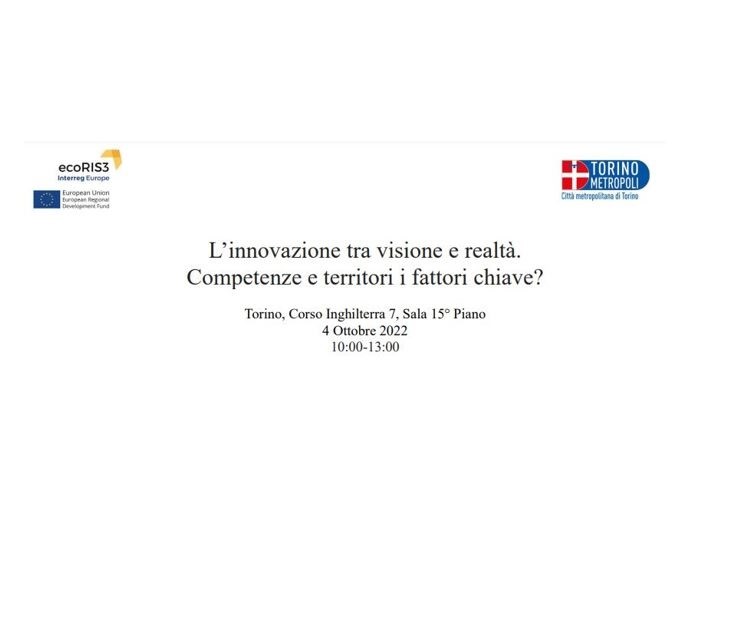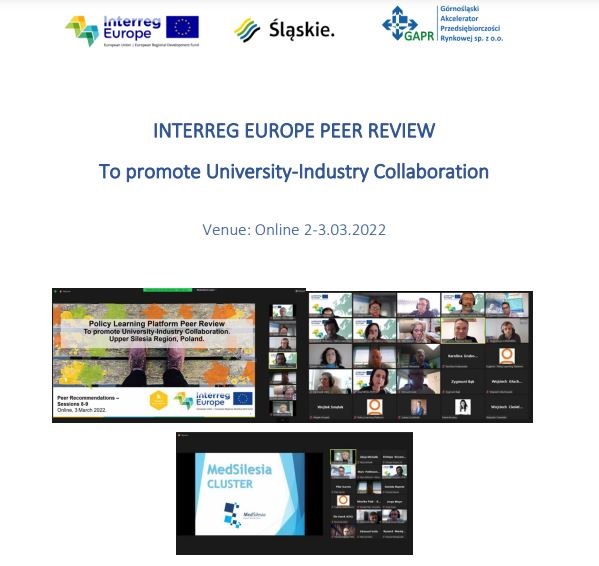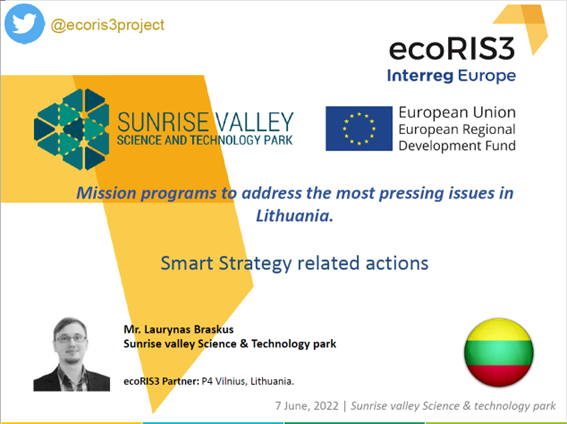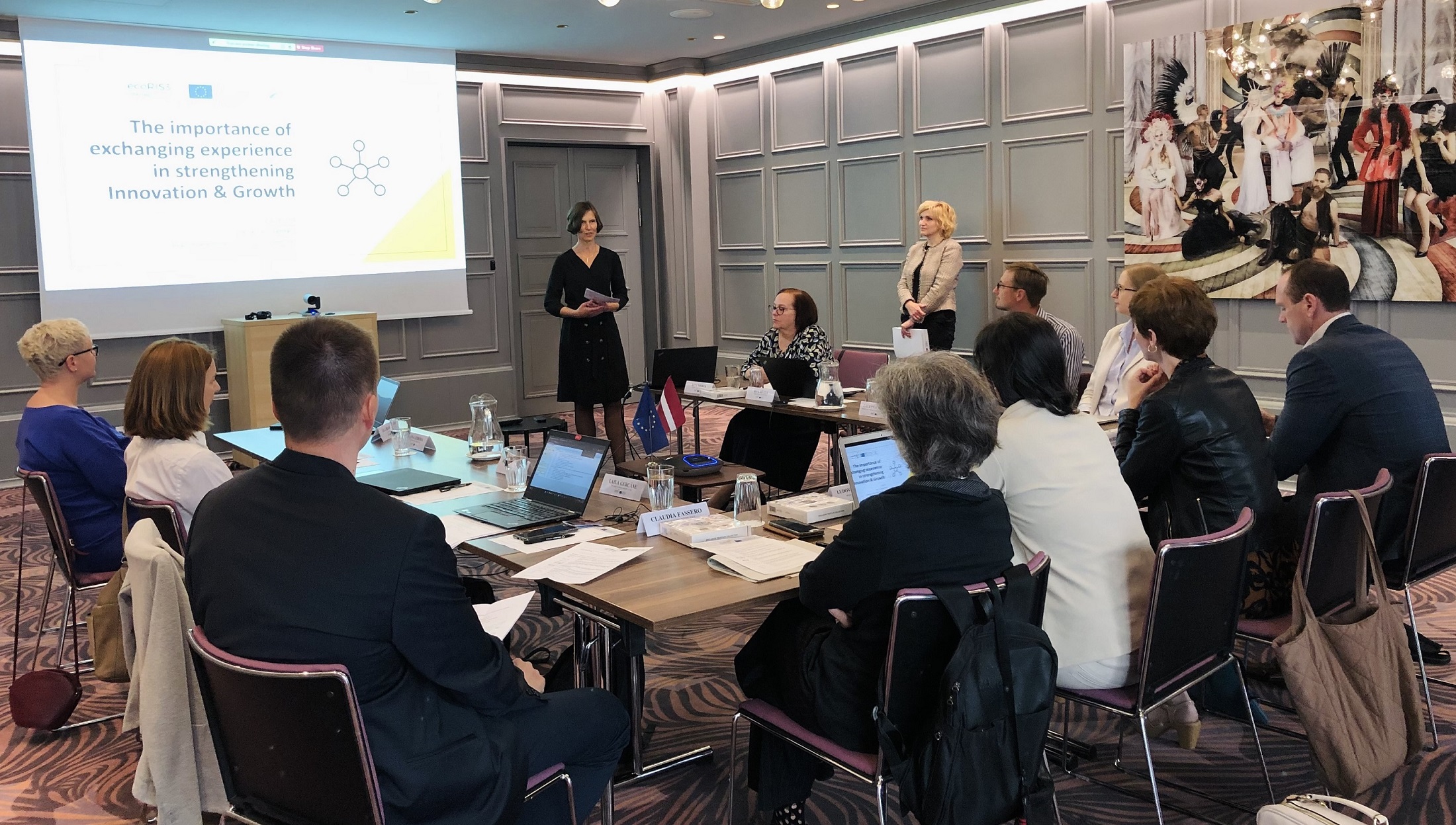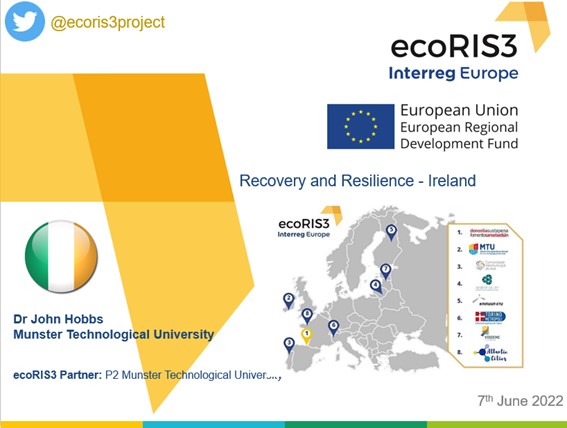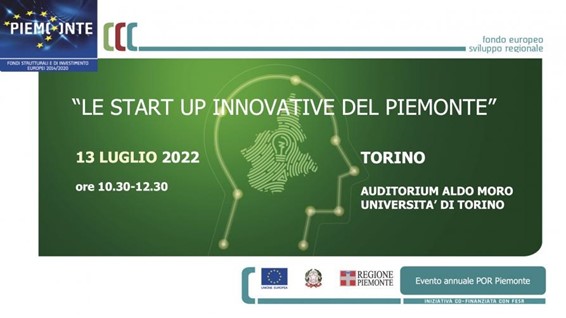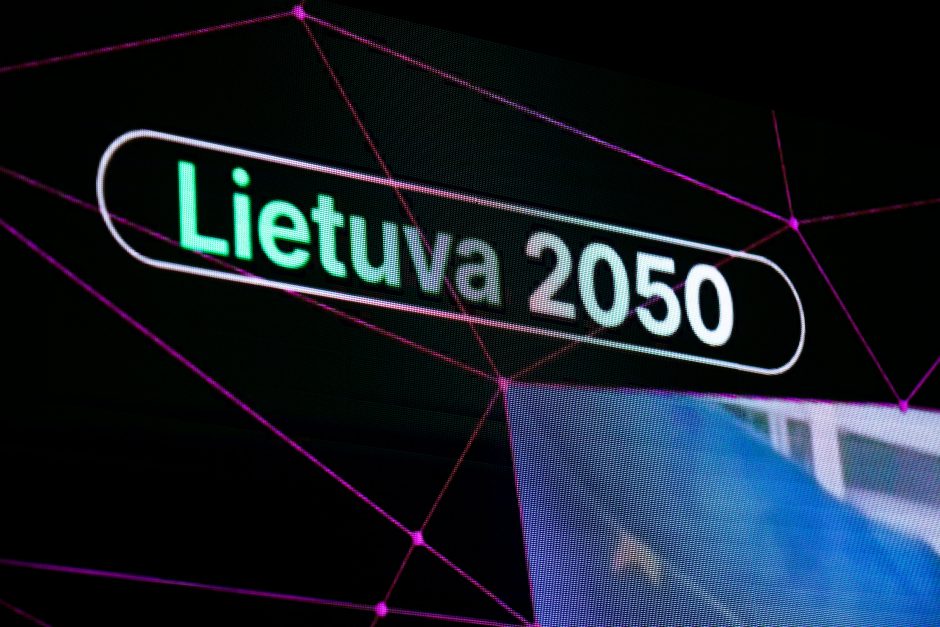Business Management Strategies have been evolving since the second half of 1970's. Generally, the argument is that a well-managed smaller companies, and especially knowledge intensive spin-offs, are very adept at three things: anticipating market trends, capitalizing on new technologies and using their lean structures to outpace larger companies. However, while their small size and state of the art perspectives enable them to go beyond certain barriers, such as traditional outlooks and internal bureaucracies, and hamper the actions of all except the most progressive larger companies, these smaller companies also have limitations. For example, they are limited by their size and their available resources that could be easily addressed by larger companies. Thus, it makes sense that a cooperation between the two types of businesses is desirable. However, in order to make the cooperation a reality, an understanding why the larger companies would plan or even want to cooperate with the start-ups is required. Additionally, win-win situations for both the larger companies and the smaller companies must be ensured. Fortunately, University of Turku has a new approach in implementing cooperation between universities and companies that can help with these conditions and it is called the Intoa! Lean Business -program.
The Intoa! Lean Business -program filters the conditions into the priority of better populating and strengthening the productive base of the regional and national business ecosystem. This means that larger businesses in the bio-based economy are prioritized as it is a strong industry in the South-West Finland as well as in Finland as a whole, and the corresponding faculties of the Turku University are accordingly prioritized to be internal start-up teams. The overall aim of the program is to enforce cooperation with the companies and to strengthen entrepreneurship and entrepreneurial way of thinking of the students and researchers. The program is operated by the development services department of Turku University, Innovation, Entrepreneurship and Transnational Education.
Furthermore, the program has both national and regional political backing. For example, the program is part of a national, innovation and industrial renewal promotion initiative, which was initiated by the Finland’s Innovation Fund – TEKES. In addition, the program is strongly backed by the Confederation of Finnish Industries. In terms of regional innovation infrastructure backing and regional political backing, the projects of the Turku Science Park are co-funded by the European Regional Development Fund and the Turku Science Park itself is linked to the local business environment. The Science Park also has a role to play in the program. On top of that, the program’s operator is functioning symbiotically with the Turku Science Park as they are utilizing each other’s core competences.
How it works:
The programs starts by setting up internal start-up teams consisting of interdisciplinary students and researchers. Next, larger businesses are contacted to raise awareness about the program’s opportunities. For this purpose, University of Turku cooperates with the Turku Science Park that maintains long-term contacts with businesses. After receiving interest from a larger business, a concrete business problem is generated from the business’ side. The program then sets up a short-term project that lasts between three to six months, during which the business’ issue is addressed comprehensively, and new perspectives based on resources and solutions of the University of Turku’s research are made available. These solutions are then discussed with the business. At the end of the project period, the business can decide whether to adopt the proposed solution or not, but no matter what they decide, they will have a new understanding of real growth and innovation options. At the same time, the program’s start-up team will, at the very least, have an understanding of their solution’s potential for commercialization, and at best, a spin-off. It also provides them an opportunity to learn in a start-up environment from academic and business experts in that field. The vital part of this practice is that this kind of collaborative approach allows the University of Turku to propose new ideas and test them in collaboration with the Science Park while the Science Park disseminates them further once valid approached have been produced.
Results:
Two larger businesses and one SME have been involved as customers of the Intoa! Lean Business -program. Three of the program concepts have been proposed and currently there are two on-going projects.
Lessons learnt:
A need to fine-tune and produce the model further has been identified, and there are some difficulties regarding the program’s funding. For example, the continuity of the funding and the availability of the model without government funding have been found challenging.
